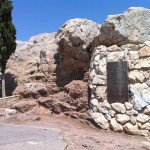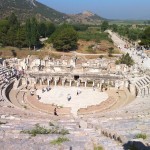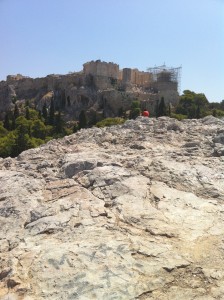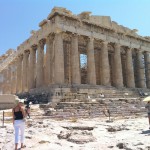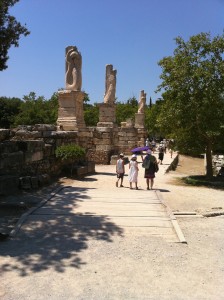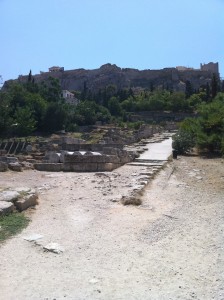
It’s become increasingly un-pc to talk about Hell, even in Christian circles. Post-moderns are turned off by it. Many theologians feel the need to apologize for it, and Universalists have built a religion around the rejection of it. I’ve even seen one of my former pastors go off the reservation over it.
I’ve never been one to get wrapped around the axle on the issue of Hell. It actually makes a lot of sense to me.
People who reject God during their earthly life, who choose to live for themselves rather than the God who created them, get to do so for eternity. Isn’t it more a matter of free will than punishment? And if the punishment for rejecting God is separation from Him in the afterlife, doesn’t the punishment fit the crime? I guess I just don’t see the problem.
And then there are those who believe it’s unfair that people who’ve never heard the Gospel should go to Hell. But people don’t go to Hell because they don’t hear the Gospel but because they rebel against God.
There’s a bigger problem as well. If a person’s ignorance of the Gospel exempted him from Hell, who would ever share the Gospel–by doing so you could only make things worse for them. If a person’s ignorance guaranteed him eternity in Heaven, by sharing the gospel with him you would be taking the chance he would reject the Gospel and, no longer being ignorant, end up in Hell.
If that were the case, no one would ever share the Gospel, and if no one ever shared the Gospel, no one would ever get to know Jesus during their earthly life. If no one knew Jesus in this earthly life, the world would be in a sorrier state than it is today. You get the picture. It really can’t be any other way.
So you see, Hell actually makes sense…at least it does to me, but maybe I’m just not very smart. After all, I am just a simple caveman who became a lawyer. GS




